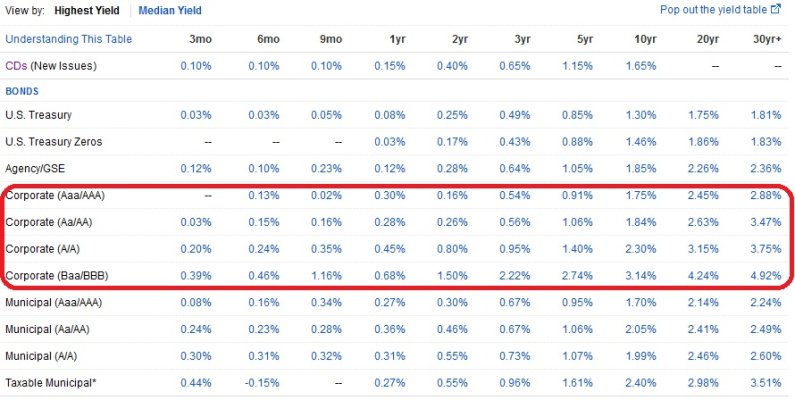I'm curious (just curious) where folks get (end up with) all this cash that they consider putting in I-bonds - yeah, I know, it's only $20K. I've whined before that I had too much qualified money in my port. Now, to get the cash to live on, I must take RMDs (and maybe a little more) to cover my yearly expenses. At the start of the year I have a nice chunk of cash, but it's mostly gone by year end.
It's true that if I just wanted some cash (to have and to hold OR to put into I-bonds) I could invade my Roth IRAs - but why would I? They are my "gold standard" and BETTER than cash.
I could take from my taxable in my portfolio (but I'd likely owe at least some taxes on it.) I have a good chunk in the S&P500 in taxable, but I've been "proud" of myself for allowing my total equities to climb to (wait for it) almost 35% of my portfolio.
I "live" on my SS and modest pension (so there's really nothing left to invest in I-bonds.) And, as pointed out, I NEED my RMDs to live on as well. I was taking RMDs (well, qualified money that I had to pay taxes on) BEFORE I was forced by law to take the money.
So, again, if anyone wants to share, I'd be "curious" how folks end up with "loose" cash that's actually investable (NOT needed for every-day stuff like mine is.) Oh, and I'm not poor. I have "enough" barring any true "black swans." My "mix" is not ideal, perhaps, but that isn't easily remedied at this late date. YMMV

